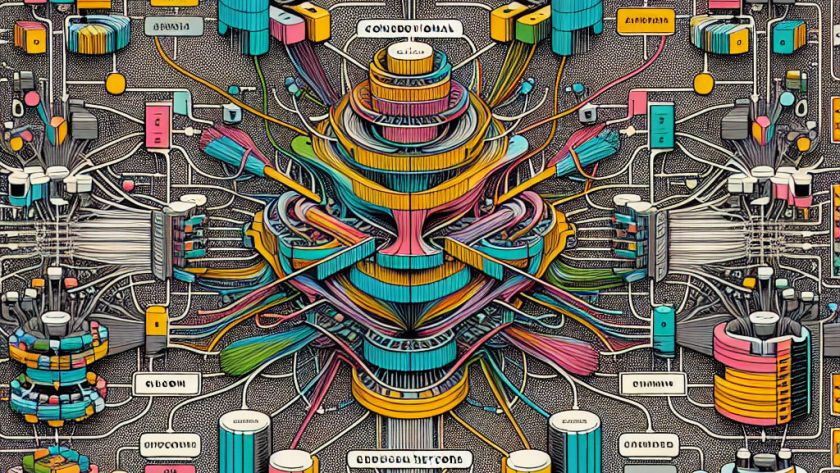A team of researchers from the Massachusetts Institute of Technology (MIT) has been investigating computational models that are designed to mimic the structure and function of the human auditory system. They claim that these models could have future applications in the development of more advanced hearing aids, cochlear implants, and brain-machine interfaces.
In a study that…









